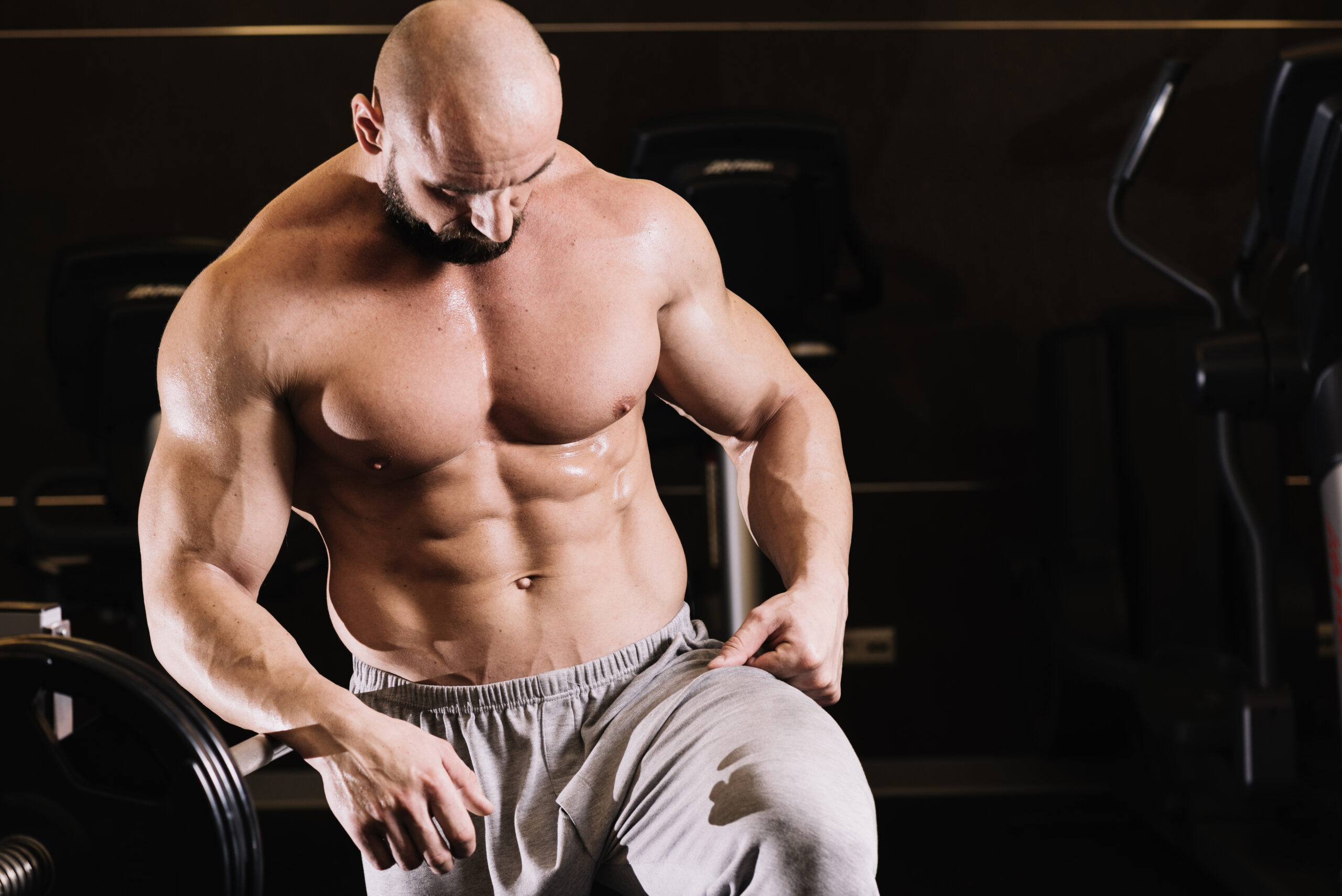Testosterone is a critical hormone that plays a significant role in the development of male characteristics, muscle mass, libido, and overall energy levels. In recent years, over-the-counter (OTC) testosterone boosters have gained popularity among men looking to enhance their vitality, physical performance, or improve age related quality of life decline. However, the effectiveness of these supplements is often debated. Do they truly work, or are they simply a marketing gimmick? This blog post dives deep into the efficacy of OTC testosterone boosters and what science has to say.
What Are Testosterone Boosters?
Testosterone boosters are dietary supplements designed to raise testosterone levels or support the body’s natural production of the hormone. They often contain a mix of vitamins, minerals, herbs, and other natural compounds that are believed to influence testosterone production. Some common ingredients in these products include:
- Tribulus Terrestris
- D-Aspartic Acid
- Fenugreek Extract
- Zinc
- Magnesium
- Vitamin D
- Ashwagandha
While these ingredients are widely used, their effectiveness can vary, and not all are backed by scientific evidence.
Do OTC Testosterone Boosters Really Work?
The effectiveness of OTC testosterone boosters largely depends on the individual’s baseline testosterone levels, age, and overall health. Here’s a breakdown of some commonly used ingredients and the research behind them:
D-Aspartic Acid
D-Aspartic acid is an amino acid that plays a role in testosterone production. Some studies have suggested that it can temporarily boost testosterone levels in men, especially those with low levels. However, the increase is often modest and temporary, and long-term studies have shown mixed results. For example, a 2015 study found that D-aspartic acid did not increase testosterone levels after 28 days in resistance-trained men.
Tribulus Terrestris
Tribulus Terrestris is a plant extract commonly found in testosterone boosters. It has been traditionally used to enhance male fertility and sexual function. However, clinical studies suggest that its impact on testosterone levels in humans is minimal, particularly in healthy men. While it may improve libido, it is unlikely to result in significant testosterone increases.
Fenugreek Extract
Fenugreek has been shown to improve strength, endurance, and sexual function in some studies. Research also indicates that fenugreek may help maintain healthy testosterone levels by inhibiting enzymes that convert testosterone to estrogen. While some studies have found improvements in testosterone levels and muscle strength, the data is still not robust enough to guarantee significant effects in all users.
Zinc and Magnesium
Zinc and magnesium are minerals that play a role in testosterone production. Zinc deficiency is associated with low testosterone levels, so supplementing with zinc can help restore testosterone levels in people who are deficient. Similarly, magnesium supports normal muscle function and testosterone production. However, these supplements are only effective in raising testosterone when there is an existing deficiency.
Ashwagandha
Ashwagandha is an adaptogen known for its stress-relieving properties, but it also may have positive effects on testosterone. Studies suggest that it can improve sperm quality, increase testosterone levels, and enhance strength and endurance. However, more research is needed to confirm these findings in larger populations.
Vitamin D
Vitamin D is crucial for bone health, immune function, and hormonal balance. Research shows that men with low levels of vitamin D tend to have lower testosterone levels, and supplementing with vitamin D can increase testosterone levels in these cases. However, the benefit is mainly seen in men who are vitamin D deficient.
The Placebo Effect and Marketing Claims
One of the key challenges in evaluating the effectiveness of testosterone boosters is the potential placebo effect. Many men report feeling more energetic or experiencing better performance after taking testosterone boosters, but these effects may be due to the expectation that the supplement is working rather than an actual increase in testosterone.
Additionally, marketing claims can be misleading. Some products promote “testosterone boosting” results based on small or poorly conducted studies, making it difficult for consumers to discern fact from fiction. In many cases, these supplements offer minor benefits that are unlikely to significantly affect testosterone levels in healthy men.
Are They Safe?
For most people, testosterone boosters are generally considered safe when taken as directed. However, long-term use of certain ingredients, like tribulus terrestris or D-aspartic acid, is not well studied. As with any supplement, there are potential risks, especially for individuals with underlying health conditions or those taking medications. It’s crucial to consult with a healthcare provider before starting any new supplement regimen.
So do they work?
The effectiveness of over-the-counter testosterone boosters varies greatly depending on the specific ingredients, the individual’s health, and existing testosterone levels.
For men with clinically low testosterone, it’s important to consult with a healthcare provider to explore more proven treatments like testosterone replacement therapy (TRT). For others, maintaining a healthy lifestyle through proper nutrition, regular exercise, and stress management may be the best way to support optimal testosterone levels naturally.
Ultimately, while testosterone boosters may provide some benefits, they are unlikely to be a magic bullet for drastically increasing testosterone levels or transforming physical performance.



